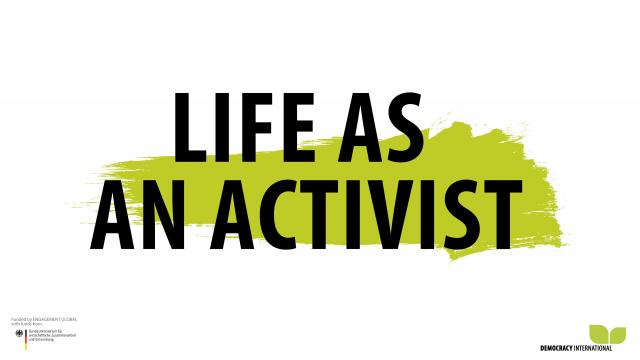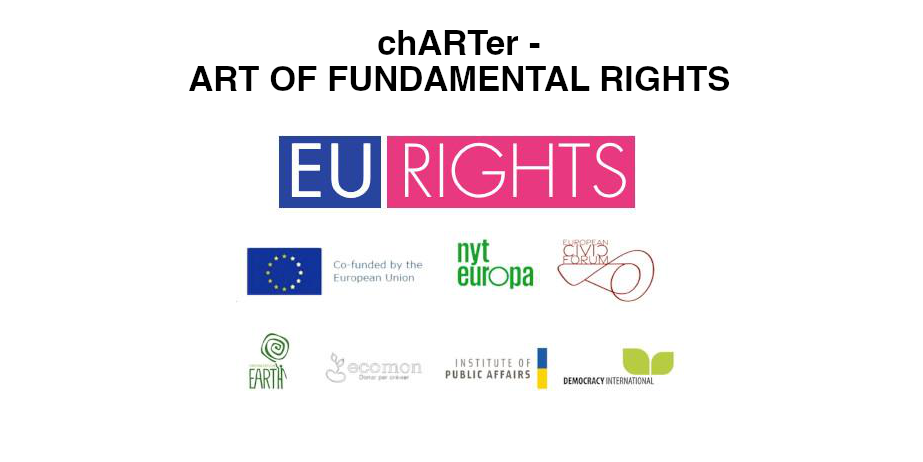Human Rights
For Democracy International, democracy, human rights and the rule of law are the fundamental pillars of any modern democratic society. But how are these principles connected—and how can we recognise when they are under threat?
A democracy cannot function without the rule of law and the protection of human rights. In a true democracy, citizens are sovereign—they govern themselves. This means they must collectively agree on the rules and laws through democratic processes. But without safeguards, there’s a risk that majority rule can become a tyranny of the majority, where the rights of minorities are ignored or suppressed.
Human rights: The democratic bedrock
This is where human rights come into play. According to the Universal Declaration of Human Rights (UDHR), all human beings are born free and equal in dignity and rights. Drafted in the aftermath of the Second World War, the UDHR was created through an inclusive, multicultural dialogue—deliberately kept non-political—to ensure that such atrocities would never happen again. It stands as a global moral and legal compass, rooted in the recognition of our shared humanity. Its principles are not up for debate. Any state that claims to be democratic and has adopted this declaration must ensure that these rights are fully recognised and protected.
Civil rights: Enabling participation
Civil rights are essential for democratic participation. Rights such as freedom of speech, press, assembly, privacy and equal voting rights enable citizens to take an active role in shaping laws and holding power to account. These are not optional elements of democracy—they are prerequisites. The Venice Commission of the Council of Europe has consistently reaffirmed that meaningful democratic processes must be grounded in the effective protection of these rights. Without them, democracy becomes hollow and participation superficial.
Separation of powers: Guarding democracy
To prevent the abuse of power and ensure fair governance, the separation of powers is crucial. This means dividing responsibilities among three independent branches:
- The legislature makes the laws
- The executive enforces them
- The judiciary interprets and oversees them
These branches exercise control over one another, often referred to as “checks and balances”, to ensure that each part of government is functioning as intended. This structure ensures that no single branch dominates, and that citizens’ rights are upheld consistently and indiscriminately.
When these principles—human rights, civil rights and the separation of powers—are weakened, democracy and the rule of law are at risk. A healthy democracy depends on their full protection and enforcement.
Read our Background paper “The Rule of law - when is it threatened?”
Our activities

Life as an Activist
Around the world, democracy activists are standing up for their communities, often risking their lives in the process. This comes at a time when democracy is facing unprecedented challenges. In this context, Life as an Activist sheds light on the work and challenges of democracy activists.

chARTer - Art of fundamental rights
Over time, art has created democratic formation within people of all ages, because it is a form of communication that helps spread and reinforce the general knowledge about current trends in our society. The purpose is that the artwork will inspire a broad public to interact in the debate on our common fundamental rights.

Our topics
We believe democracy works best when people have a direct say.
Explore how we promote direct democracy, citizen participation, human rights, transparency, and youth engagement. Our work connects people and politics — with the goal of strengthening democratic systems that are open, inclusive, and fair.
Discover all our key topics and learn how we’re shaping the future of democracy.
